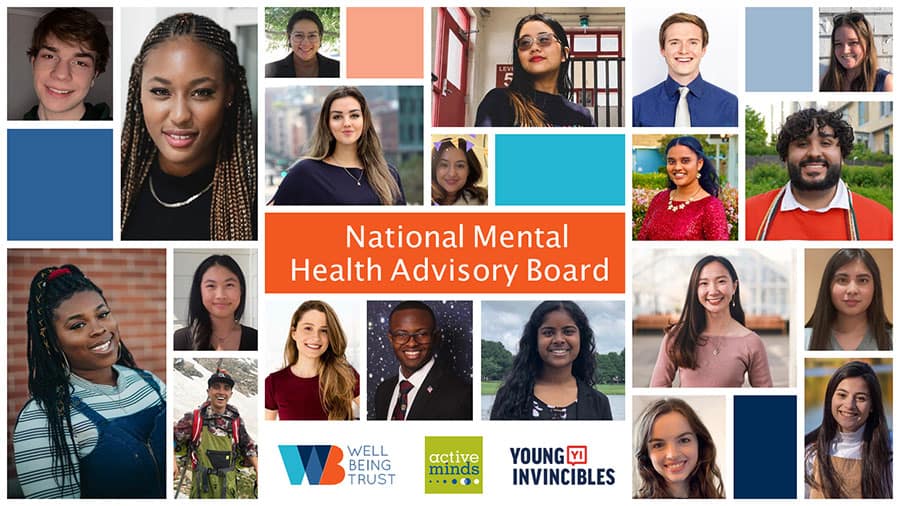The PHHS Local Mental Health Advisory Council Minnesota plays a vital role in shaping mental health services and policies within the state. These councils serve as a bridge between local communities, public health officials, and service providers.
hey offer an opportunity for individuals, families, and health professionals to have a direct influence on the development and improvement of mental health programs in their region.
What is the PHHS Local Mental Health Advisory Council?
The PHHS Local Mental Health Advisory Council Minnesota is an advisory body within the broader framework of Public Health and Human Services (PHHS) in the state.

It is designed to provide input and recommendations on local mental health services, ensuring that these services address the unique needs of the community. By collaborating with various stakeholders, the council helps to craft mental health policies that are both effective and inclusive.
Key Responsibilities of the Council:
- Reviewing and Evaluating Services: One of the primary functions of the council is to regularly assess the mental health services offered in the region. This ensures that the programs are meeting the needs of the community and are aligned with state and national mental health standards.
- Providing Recommendations: Based on their assessments, the council makes recommendations to the local public health department, state officials, and other relevant authorities. These recommendations aim to improve access to mental health care, enhance the quality of services, and address gaps in current mental health policies.
- Community Engagement: The council actively involves community members, especially those directly affected by mental health issues, in the decision-making process. This inclusive approach ensures that diverse perspectives are considered in the development of mental health strategies.
The Impact of PHHS Local Mental Health Advisory Council on the Community:
The PHHS Local Mental Health Advisory Council Minnesota has a significant impact on local communities by addressing mental health challenges and advocating for better services. Some of the key areas where the council has made a difference include:
- Improved Access to Mental Health Services: By identifying barriers to access, such as long waiting times or limited availability of specialists, the council helps to create solutions that improve service delivery.
- Increased Awareness: Through community outreach programs, the council plays a crucial role in educating the public about mental health issues and reducing the stigma associated with seeking help.
- Policy Changes: The council’s recommendations have influenced policy changes that lead to more comprehensive and patient-centered mental health services.
How to Get Involved with the PHHS Local Mental Health Advisory Council?
If you are passionate about improving mental health services in your community, consider becoming involved with the PHHS Local Mental Health Advisory Council Minnesota. There are several ways to participate:
- Attend Council Meetings: These meetings are typically open to the public, and anyone with an interest in mental health issues can attend. Attending meetings is a great way to stay informed about the latest developments in mental health services in your area.
- Volunteer: Many councils rely on volunteers to help with community outreach, event planning, and other important tasks.
- Provide Feedback: If you or a loved one has experienced mental health services in the region, your feedback can be invaluable in helping the council understand where improvements are needed.
The Structure and Composition of the PHHS Local Mental Health Advisory Council:
The PHHS Local Mental Health Advisory Council Minnesota is composed of a diverse group of members, including community representatives, mental health professionals, individuals with lived experience, and family members. This diverse representation ensures that the council has a well-rounded perspective on the challenges and opportunities within the mental health system.
Typically, councils are structured to include members from various sectors, such as education, social services, healthcare, and law enforcement, all of whom work collaboratively to provide a holistic approach to addressing mental health needs. Understanding the structure and composition of the council is essential, as it highlights the multi-faceted approach required to create effective mental health strategies.
Addressing Mental Health Disparities and Inequities:
One of the key priorities of the PHHS Local Mental Health Advisory Council Minnesota is to identify and address mental health disparities and inequities in the community. Certain populations, such as racial and ethnic minorities, rural residents, and low-income families, often face additional barriers to accessing quality mental health services.
The council actively works to understand these disparities and advocates for targeted solutions that can bridge these gaps. By focusing on equity, the council helps to ensure that mental health services are accessible, culturally sensitive, and responsive to the needs of all community members, regardless of their background or socioeconomic status.
Promoting Integrated Mental Health and Substance Abuse Services:
The council recognizes that mental health and substance use issues often co-occur and require integrated treatment approaches. To address this, the PHHS Local Mental Health Advisory Council Minnesota collaborates with local substance abuse programs and public health initiatives to promote integrated care models.

Integrated services not only streamline the treatment process but also enhance outcomes for individuals dealing with both mental health and substance use challenges. By advocating for policies that support integrated services, the council helps to reduce the burden on individuals and families, making it easier to navigate the mental health care system.
Supporting Crisis Intervention and Prevention Strategies:
A crucial area of focus for the PHHS Local Mental Health Advisory Council Minnesota is the development and implementation of effective crisis intervention and prevention strategies. Mental health crises can escalate quickly, leading to severe outcomes if not managed properly.
The council works closely with local law enforcement, emergency services, and healthcare providers to create crisis intervention protocols that prioritize safety and de-escalation. Additionally, the council supports community-based prevention initiatives, such as mental health first aid training and suicide prevention programs, which empower individuals to recognize early warning signs and seek help before a crisis occurs.
Conclusion:
The PHHS Local Mental Health Advisory Council Minnesota plays a critical role in shaping the future of mental health services across the state. By reviewing existing services, providing recommendations, and involving the community in decision-making, the council ensures that mental health policies are responsive to the needs of those they serve. Whether you’re a mental health professional, a family member, or someone with lived experience, getting involved with the council is a powerful way to contribute to the well-being of your community.